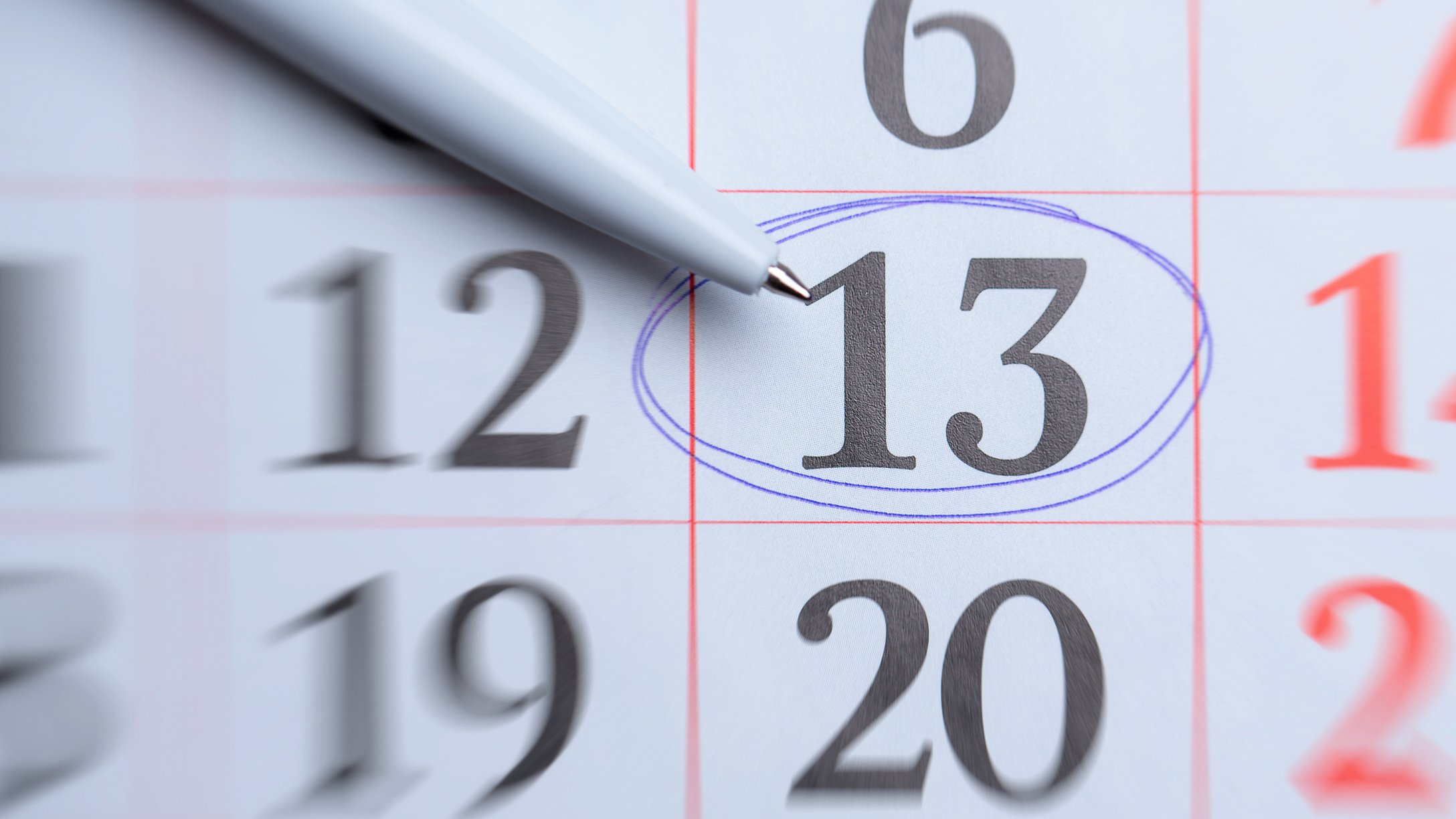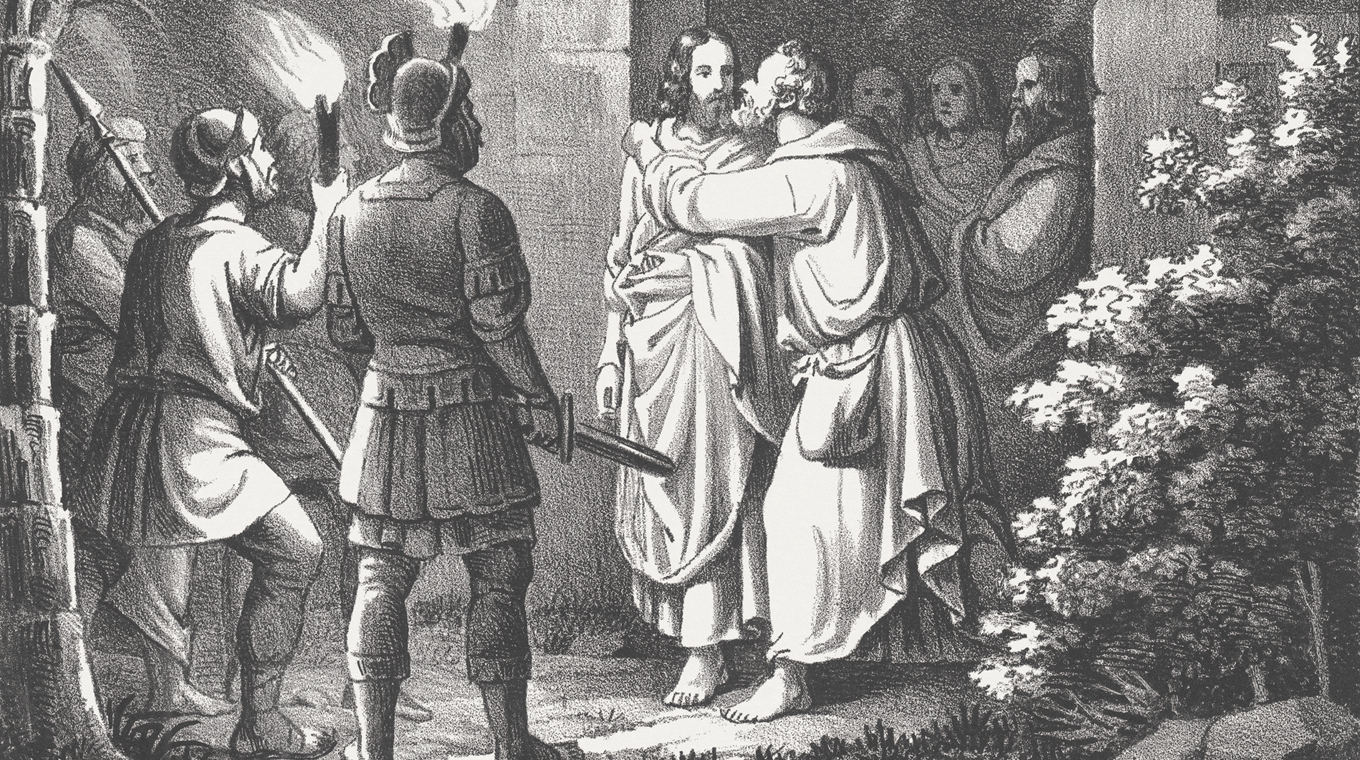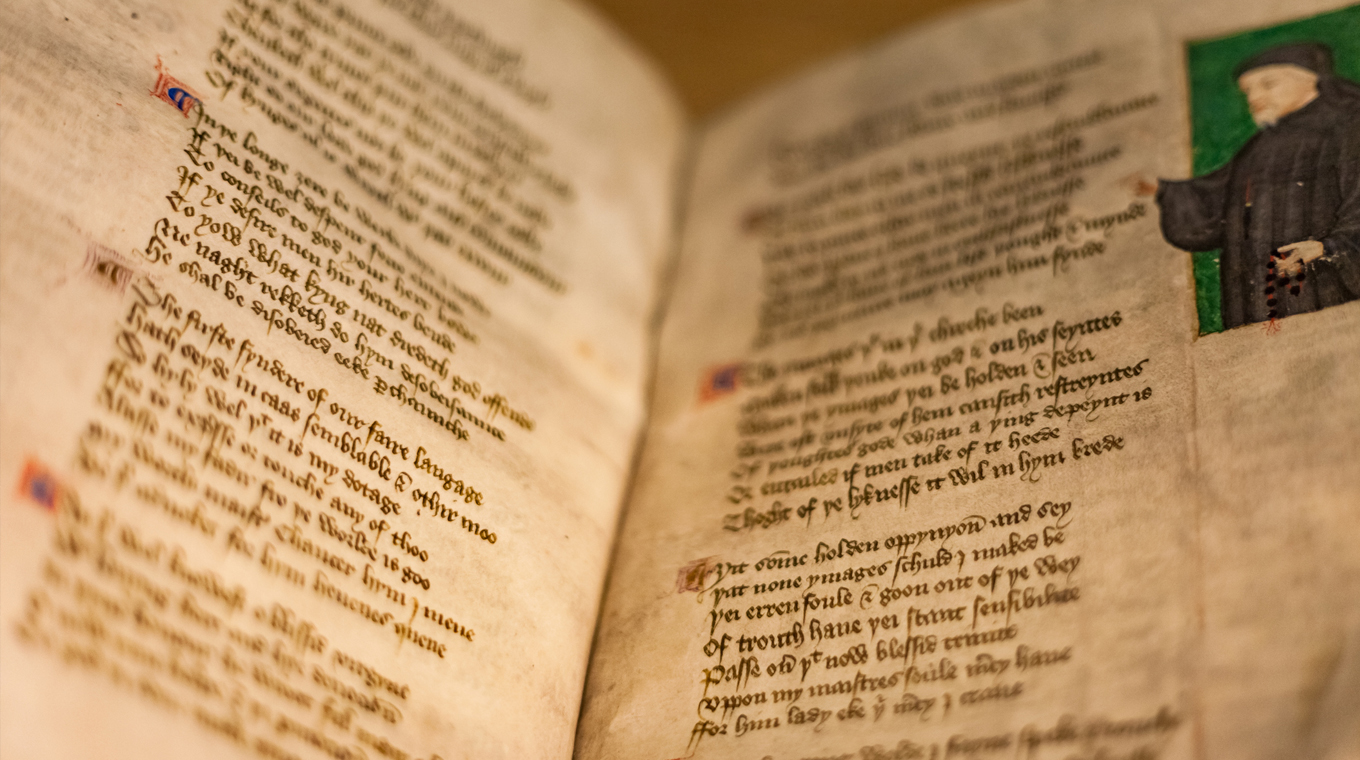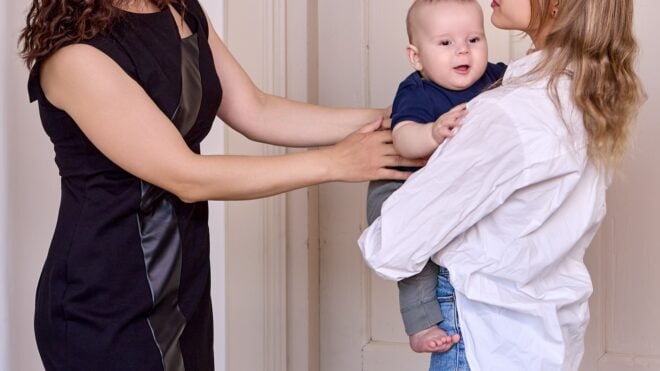
In this article
I’m not one to indulge in the Friday the 13th movie series. It’s less about a phobia as it is about horror films — I just don’t like them. But that won’t stop the masses from doing an all-day binge of the movies when Friday the 13th pops into our calendars again on November 13, 2020. For those with little kids, I doubt the binge will happen and you might instead enjoy a more light-hearted Friday the 13th game or party theme.
Jenny Abouobaia's daughter was born on the 13th and she's already planning her superstition-filled birthday party. “I was thinking along the lines of a scary/funny cartoon characters/favorite toys dress-up party, with homemade costumes, which would add to the fun, be cost-effective, and show the kids that the 'scariness' is imaginary,” she told Mom.com.
Keeping it light and fun might help your kids from developing a phobia, called paraskevidekatriaphobia, as they mature. Honestly, I think I’m more afraid of trying to say that word! But still, plenty hold extra caution for Friday the 13th. It got me wondering about the origins of the day and how we all got to be so afraid of what should otherwise be a “Friyay.”
Friday the 13th superstitions

There is a lot of lore around Friday the 13th and no one really knows exactly what led to the marked day of doom and gloom. But many believe it goes all the way back to the Last Supper that happened on a Friday where Judas Iscariot was the thirteenth in attendance. We know how that all worked out for Jesus — getting betrayed by someone he trusted as a friend on Good Friday.
While this is a popular theory, it does seem like a stretch to make Friday the 13th the bad day. After all, while it might explain why people are so fearful of the number 13, it doesn’t explain why we otherwise love our Fridays.
Taking the number thirteen into further lore takes back 700 BC. In a farmer’s almanac written by Hesiod called Works and Days, he advised farmers to “avoid the thirteenth of the waxing month for beginning to sow.” Again, this gives us some insight to maybe not liking the number, but doesn’t provide any reason why or correlation to Fridays.
The number 13 has developed such as power over the centuries to connotate superstitious activity that even esteemed Franklin D. Roosevelt disliked sitting down to dinner with 13 in attendance.
Good Friday and other unlucky Fridays

We’ve already explained how Good Friday is among the first recorded unlucky Fridays that exist. But what about others? Doesn’t Friday, in general, have a history of being unlucky? For most of us, the worst that can happen on a typical Friday is not making it to happy hour in time. In 1392, Chaucer wrote his epic story, Canterbury Tales where he dubbed Fridays to be a “day of misfortune.” Even though he did it in a tongue-in-cheek fashion, many people hold his quote to be true. Over the centuries, other playwrights have used Fridays as a day of gloom and unfortunate events. These include Robert Green in the 16th Century and William Rowley in the 17th Century.
Ultimately, few cared about pairing Friday and the number 13 together until the 20th Century. Some say this is the work of Thomas Lawson’s book, Friday the Thirteenth where a stock market promoter deliberately crashes the stock market. The lore has continued to grow over the years even though there is no substance to the superstition.
Don't fear the Friday: Instead, try a Friday the 13th party theme

Leah Lupo, adjunct professor for Interpersonal Communicaiton at Nassau Community College told Mom.com that, “we feel the need to designate superstitions as a way to either cope, distract, even sometimes protect ourselves from things that have been placed in our historical mindset. The number 12 represents something complete (12 months in the year, 12 numbers on a clock) so the scales tip when you get to 13.”
To change the mindset so that we don’t instill fear in our kids, change the way you treat Friday the 13th. We have an opportunity to debunk the lore by embracing the fun of Friday the 13th in the same ways that we embrace Halloween.
Granted, a party in 2020 will need to be COVID-compliant, meaning we should really stick to social distancing and virtual parties. But you can have a fun superstition party to help kids not fear the day. This is especially fun for anyone who might have a birthday on Friday the 13th.
- Instead of "bad luck," have a "good luck" theme and include things like Lucky Charms cereal and (fake) rabbits feet.
- Cook up this Friday the 13th-themed menu from Epicurious with dishes like Bleeding Heart Cupcakes and Deviled Ham Sandwiches.
- To play a game over Zoom, make superstition game cards testing people’s trivia knowledge about what might bring them bad luck. You might ask where they should never put their shoes or name the animal crossing your path that is bad luck. You and your virtual guests can download a template game card for simplicity. Keep it light and fun and your kids won’t fear Friday the 13th at all.




